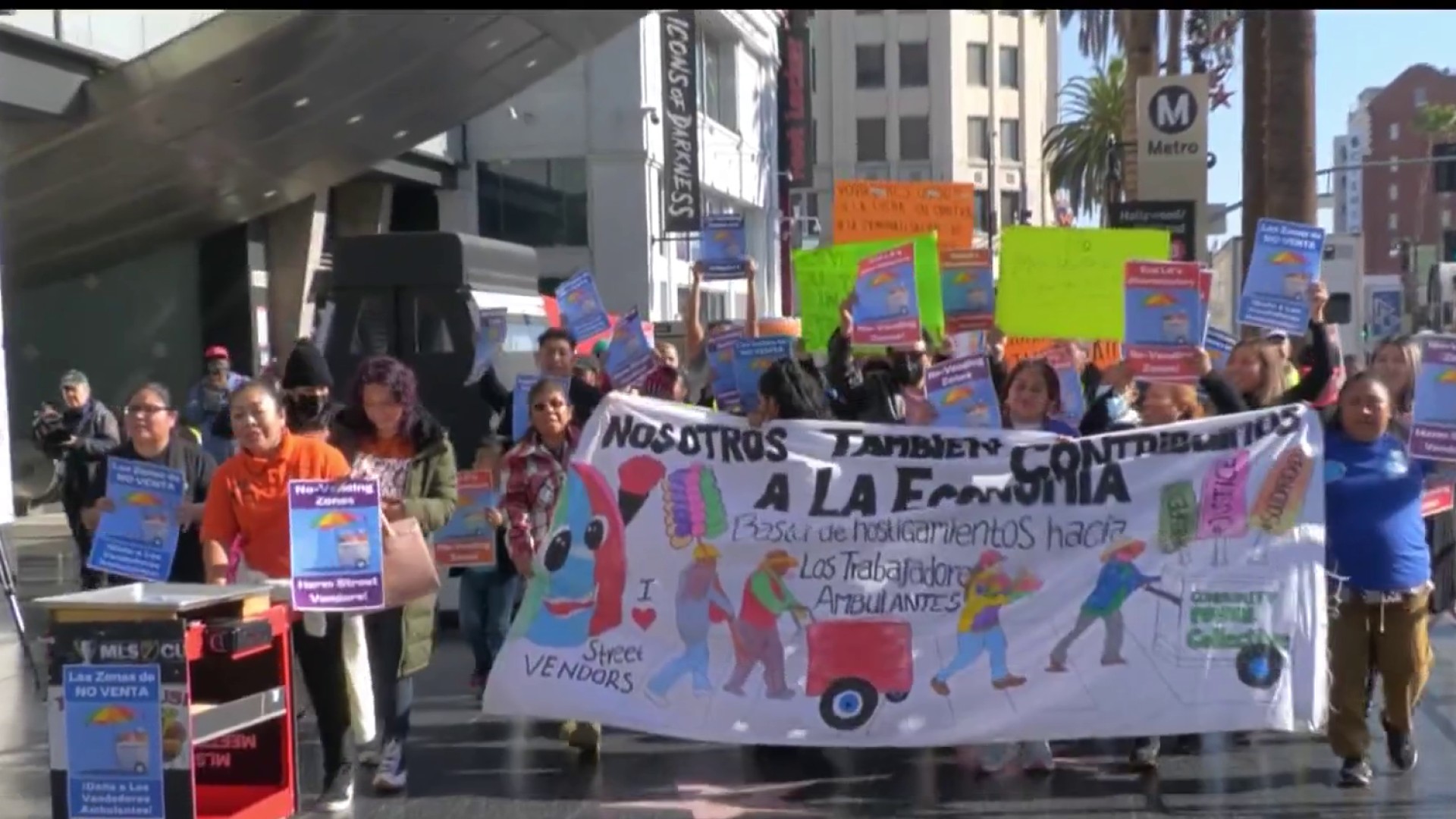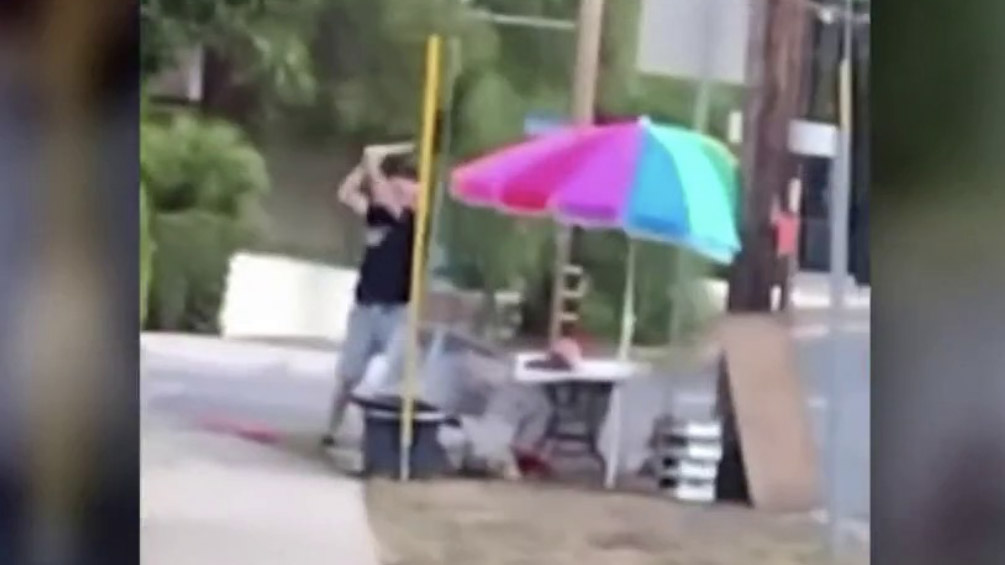Community outreach workers with the city of Long Beach passing out fliers to food vendors letting them know about a new law that goes into effect January 1st that could affect how they do business.
"We want to make sure we are talking to them so they understand what the changes are in the law," said Judeth Luong, the Manager of the Bureau of Environmental Health at the Long Beach Health Department.
Senate Bill 972 requires all sidewalk food vendors in California to obtain a health permit.
"From the complaints and the investigations we have seen that many of them are operating without health permit," Luong said.
Get top local stories in Southern California delivered to you every morning. >Sign up for NBC LA's News Headlines newsletter.
Food truck vendors can continue to operate in Long Beach with an LA County health permit for now.
"There is a recommendation they obtain a long beach health permit," Luong said.
The city of Long Beach is holding a free workshop Tuesday at 10 a.m. at Admiral Kidd Park to help food vendors with the application process.
"The most important thing we want them to know is that we are here to help them and to be knowledge about what's going on," said Teresa Marmolejo, from the city of Long Beach.
The types of permits required depends on what type of food a vendor is selling and costs can range from $200 to $285.
"The health and safety codes can get pretty complicated so we want to make sure that we make ourselves available to our sidewalk food vendors so they could obtain permit they need so they can do the food operations," Luong said.
Customers like Libbie who were not further identified works at the aquarium appreciate the inexpensive fast food and hopes the new requirements don't push vendors out of business or away from the area.
"I as a consumer, I’m just like I would like cheap food," Libbie said. "I don’t have time to come into these restaurants."
The city of Long Beach says it will not be shutting down vendors who don't have permits when the law goes into effect.
The city says it will continue educating businesses but will take action if public health at risk.
"If there is an imminent health hazard we will discard food and we embargo equipment," Luong said.



